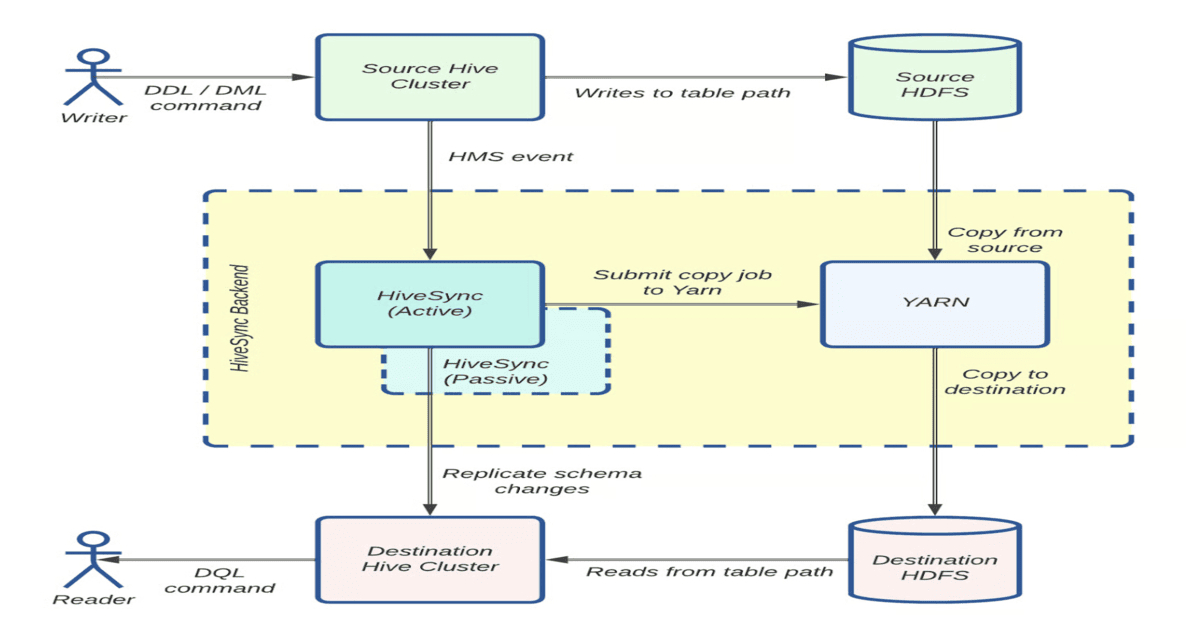Codetown
Codetown ::: a software developer's community
Just started with Ruby on Rails ( Rails 3) and I'm trying to figure out the best I.D.E. Here's what I've found so far:
Eclipse / DLTK - while researching this on the web I came across a number of broken links which was a bad sign and when I did get it installed I wasn't able to debug using it. Ater some more web searches I came across a few posts that said basically the Ruby plug-in had run out of steam and was not being pursued.
JetBrains/RubyMine - this installed and works, so far the *looks* like the best bet. The instant database diagramming looks really cool, do other I.D.E.s support this?
Ecliplse/Aptana - just got this installed, Will try debugging with it soon.
Does anyone have recommendations for their favorite I.D.E.? I don't need anythgin too fancy, as long as I can set a breakpoint and view variables and the call stack I'm happy. And it helps if its a free product.'
Tags:
Replies to This Discussion
-
Permalink Reply by Michael Levin on December 5, 2012 at 10:07am
-
Kevin, What have you found out so far with Eclipse/Aptana and JetBrains/RubyMine? Have you experimented with any other IDE's?
-
-
Permalink Reply by Kevin Neelands on December 5, 2012 at 4:28pm
-
With Eclipse/Aptana I *think* I got installed, but the online references that showed how to start a debugging session accessed menu options that were not present so I was unable to use it. So far RubyMine looks the best, it also checks the syntax of of .html.erb ( Embedded RuBy ) files and generates a diagram of your DB tables, highlighting any relationships that look hinky. Worth noting RubyMine costs money, while the others I've looked at are open source and frankly I think the developers for the free plugins ran out of steam. The profit motive at work.
-
Notes
Welcome to Codetown!
 Codetown is a social network. It's got blogs, forums, groups, personal pages and more! You might think of Codetown as a funky camper van with lots of compartments for your stuff and a great multimedia system, too! Best of all, Codetown has room for all of your friends.
Codetown is a social network. It's got blogs, forums, groups, personal pages and more! You might think of Codetown as a funky camper van with lots of compartments for your stuff and a great multimedia system, too! Best of all, Codetown has room for all of your friends.
Created by Michael Levin Dec 18, 2008 at 6:56pm. Last updated by Michael Levin May 4, 2018.
Looking for Jobs or Staff?
Check out the Codetown Jobs group.
InfoQ Reading List
AWS Launches Agent Plugins to Automate Cloud Deployment

AWS launched Agent Plugins for AWS, providing AI coding agents with specialized deployment skills. The initial deploy-on-aws plugin transforms workflows by accepting commands like "deploy to AWS" and generating complete pipelines with architecture recommendations, cost estimates, and infrastructure code. Supported in Claude Code and Cursor, AWS claims 10-minute deployments versus hours manually.
By Steef-Jan WiggersGoogle Enhances Node Pool Auto-Creation Speed for GKE Clusters

Google Cloud has optimised GKE's node pool auto-creation, significantly cutting "Time to Ready" for massive clusters. By improving control plane communication and request batching, GKE now provisions resources faster, rivalling tools like Karpenter. The update enhances scaling reliability and stability for high-volume AI and batch workloads, automatically rolling out across supported versions.
By Mark SilvesterGitHub's Points to a More Global, AI-Challenged Open Source Ecosystem in 2026

GitHub has released its yearly look at open-source trends. They used data from the Octoverse 2025 report to help the open-source community get ready for the coming year. The picture that emerges is one of extraordinary scale and the structural strains that come with it.
By Claudio MasoloOpenAI Codex-Spark Achieves Ultra-Fast Coding Speeds on Cerebras Hardware

In a major shift in its hardware strategy, OpenAI launched GPT-5.3-Codex-Spark, its first production AI model deployed on Cerebras wafer-scale chips rather than traditional Nvidia GPUs. The new model offers delivers improved throughput and low-latency, enabling a real-time, interactive coding experience, says the company.
By Sergio De SimoneHybrid Cloud Data at Uber: How Engineers Solved Extreme-Scale Replication Challenges

Uber’s HiveSync team optimized Hadoop Distcp to handle multi-petabyte replication across hybrid cloud and on-premise data lakes. Enhancements include task parallelization, Uber jobs for small transfers, and improved observability, enabling 5x replication capacity and seamless on-premise-to-cloud migration.
By Leela Kumili
© 2026 Created by Michael Levin.
Powered by
![]()